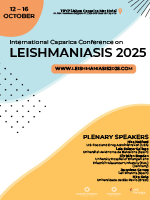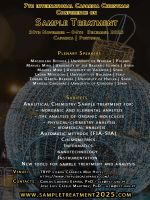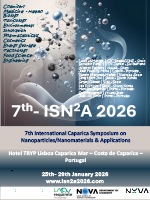Linguistic Difficulties for Translators and Interpreters: The Case of Forensic Law and Science Documents
DOI: 10.5584/jiomics.v7i2.218
Abstract
Forensic Science (or Forensics) holds various fields of science (Psychology, Pathology, Odontology, Toxicology, Digital Forensics, to cite a few) involved in solving crimes and offences at any stage in criminal proceedings and researches. On the other hand, Forensic Law is a legal branch that involves issues related to forensic techniques in a justice system (being thus linked to Criminology, Criminal Law, and Civil Law). The intersection of Science and Law contributes to finding out the truth of a case, either criminal or civil, and they both have undergone dramatic progress in recent years. The aforementioned intersection provides specialists with a considerable amount of documents, either electronic or paperback…and they often need to be translated or interpreted into other languages. The high level of technical terms, complex nouns and phraseology, hamper their translation, interpreting, and proofreading services. In this paper, we will provide the reader with the main linguistic features of Forensic Science and Law Discourse, matched with source texts and target texts. By means of the use of original Forensic documents, we will provide translators and interpreters with techniques and strategies for facing their translation and proofreading.









